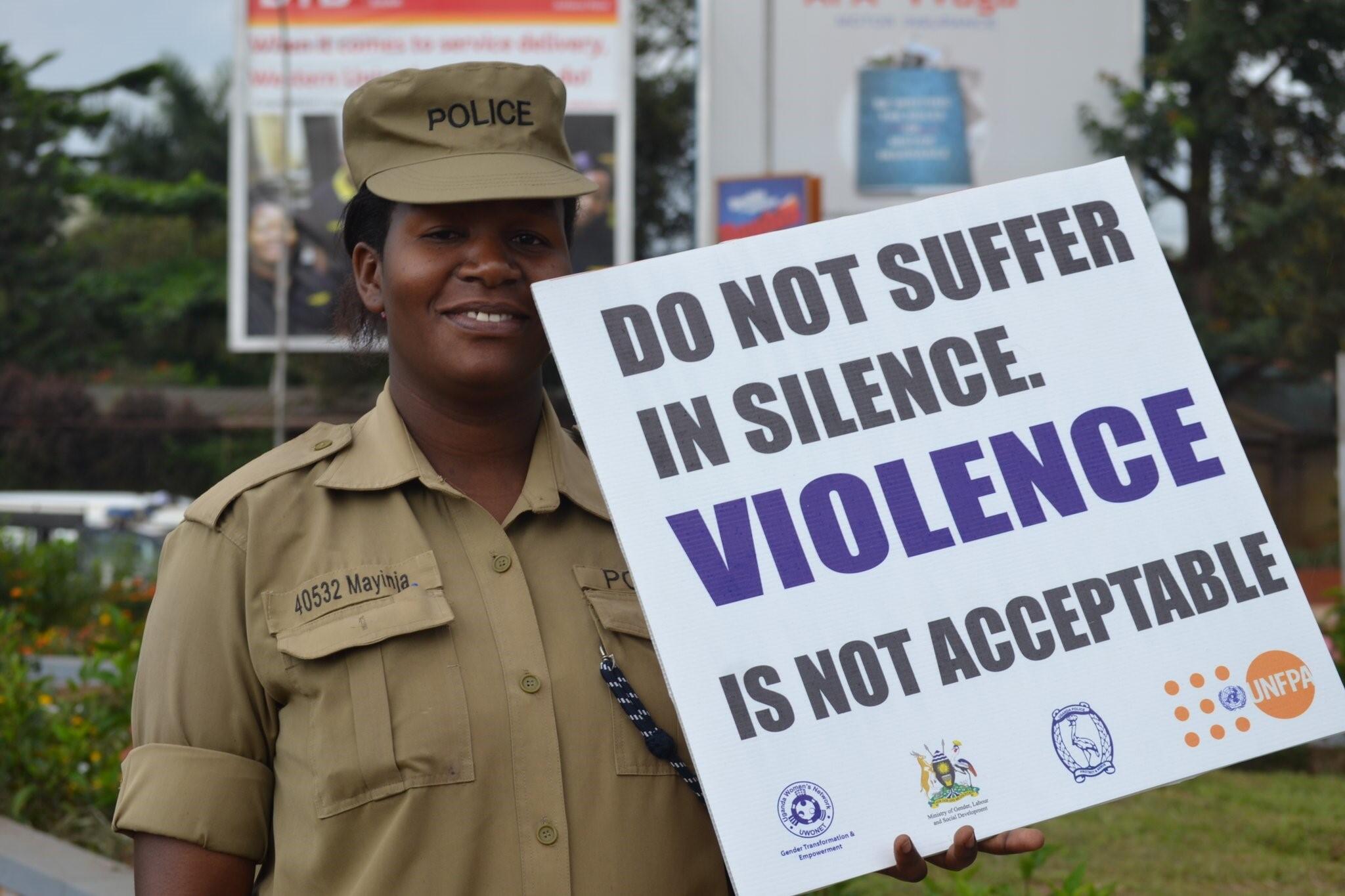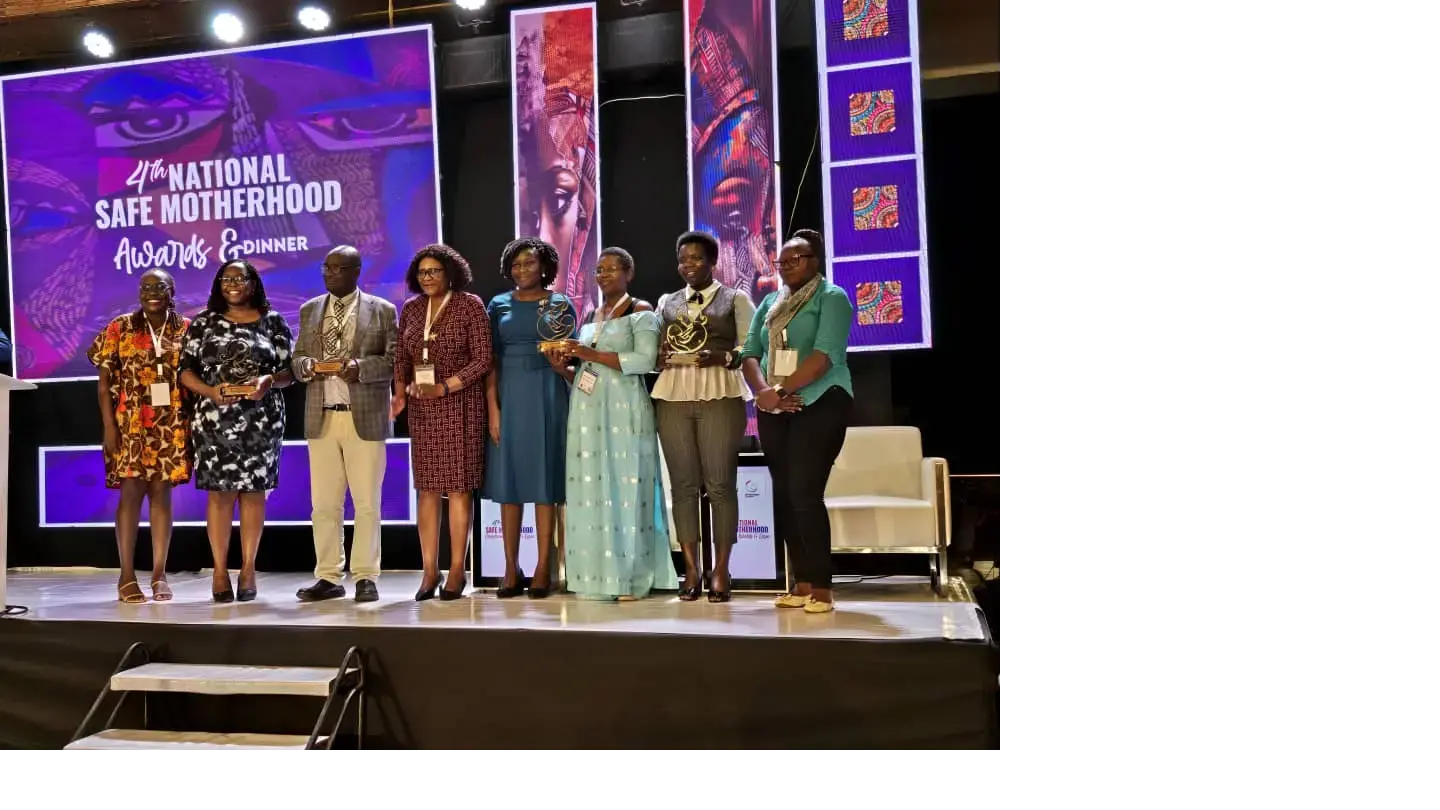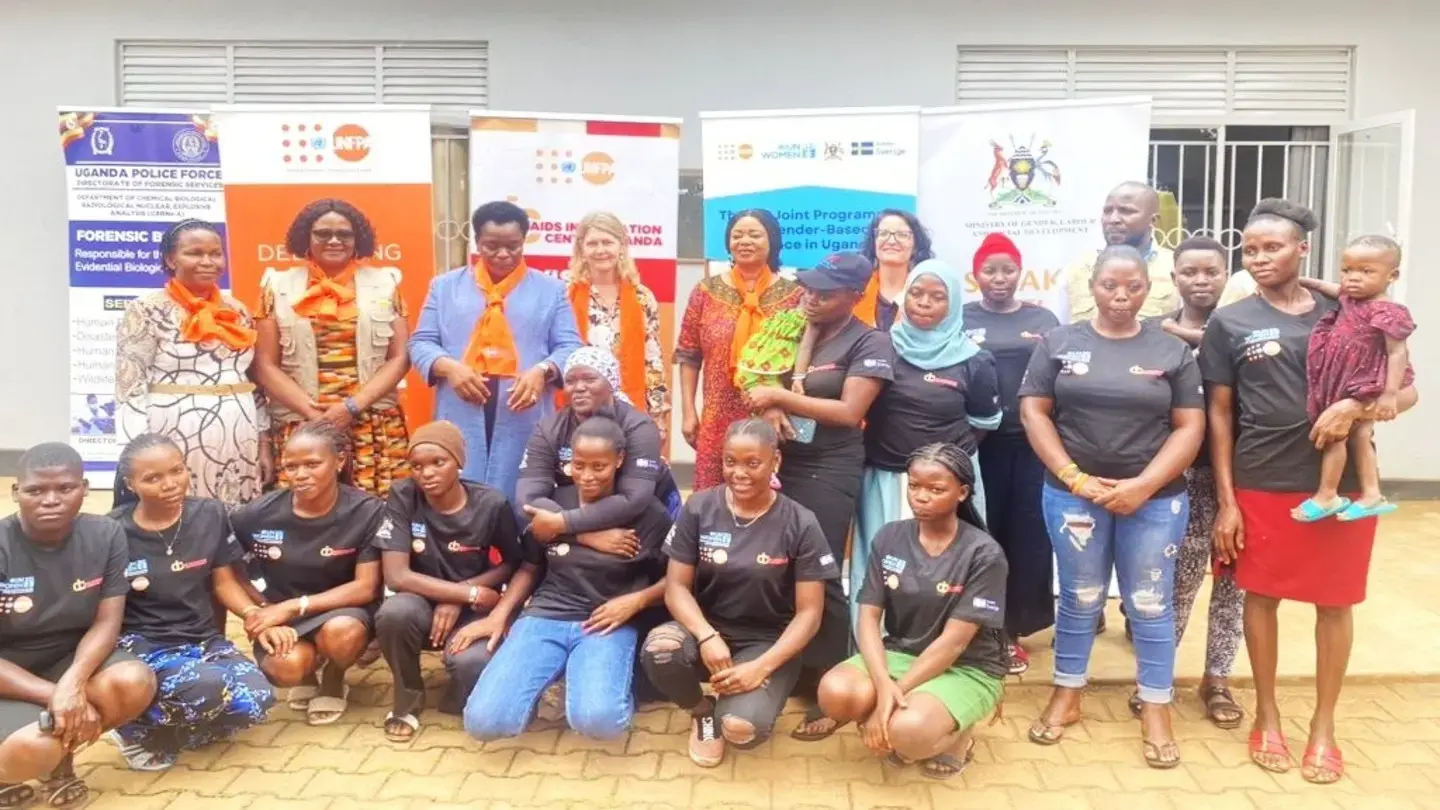The Judiciary in conjunction with the Justice Law and Order Sector with the support from United Nations Population Fund has commenced the third special gender-based violence (GBV) court sessions. This follows the implementation of the pilot phase of the special court sessions that was executed in November to December 2019 with up to 700 cases handled.
With funding from the EU-UN Spotlight Initiative and the UN-Joint Programme on GBV supported by the Government of Sweden, the sessions will be conducted both in the High Courts and the Chief Magistrates Courts in selected 14 districts of Luwero, Bundibudyo, Kiryadongo, Kotodo, Kapchorwa Gulu, Arua, Kiboga, Jinja, Iganga, Nakapiripirit, Apac, Tororo and Amuria.
The sessions are in response to the urgent need to counter the increasing numbers of GBV offences in Uganda. The police annual report (2019) indicated a rising trend in sexual and gender based violence. According to the report, a total of a total of 13,682 children were defiled, 1,528 cases of rape and 13,693 cases of domestic violence were reported. The COVID-19 pandemic is a crisis in a crisis for women and girls. According to the Justice Law and Order Sector (JLOS) report, GBV cases account for more than 70 percent of the cases waiting a hearing in the criminal justice system.
“The sessions therefore aim to facilitate expeditious disposal of cases in a gender responsive and victim friendly manner, to advance access to justice for survivors and improve the experience of the survivors in the justice system; reduce backlog of SGBV cases; enhance collaboration and strategic partnership between the justice actors and key stakeholders; improve provision of related services for survivors of GBV; and enhanced information sharing between litigants, judges, attorneys, victims and community members,” says High Court Judge Justice Damalie Lwanga.
These sessions are also a fulfilment of Uganda’s commitments to eradicate GBV under the Maputo Declaration on gender mainstreaming and effective participation of women in the African Union, the Kampala Declaration on the fight against GBV in the Greats Lakes Region, and the United Nations Sustainable Development Goal 5. The sessions are also in line with the EU-Spotlight Initiative pillars one and four; enhancing legislative and policy frameworks; and enhancing quality survivor services and ending impunity for violence against women and girls, including GBV and harmful practices.
The outcome of the sessions will inform the need to establish specialized courts for GBV, to strengthen the implementation of Uganda’s strong legislative and policy framework. These include, the Domestic Violence Act (2010) and the Domestic Violence Regulations (2011), the Prohibition of Female Genital Mutilation Act (2010) and its Regulations (2011), the Prevention of Trafficking in Persons Act (2009), and the Penal Code Act, (Cap 120).
Together with partners, UNFPA is popularizing the ‘Sauti’ GBV toll free helplines for those who may not be able to report cases physically. They are: for counseling and referrals on violence against women (0800 200 600); for free legal advice and referral for gender based violence services (0800 100 150); and to report child abuse (116).
-Story by Evelyn Matsamura Kiapi




